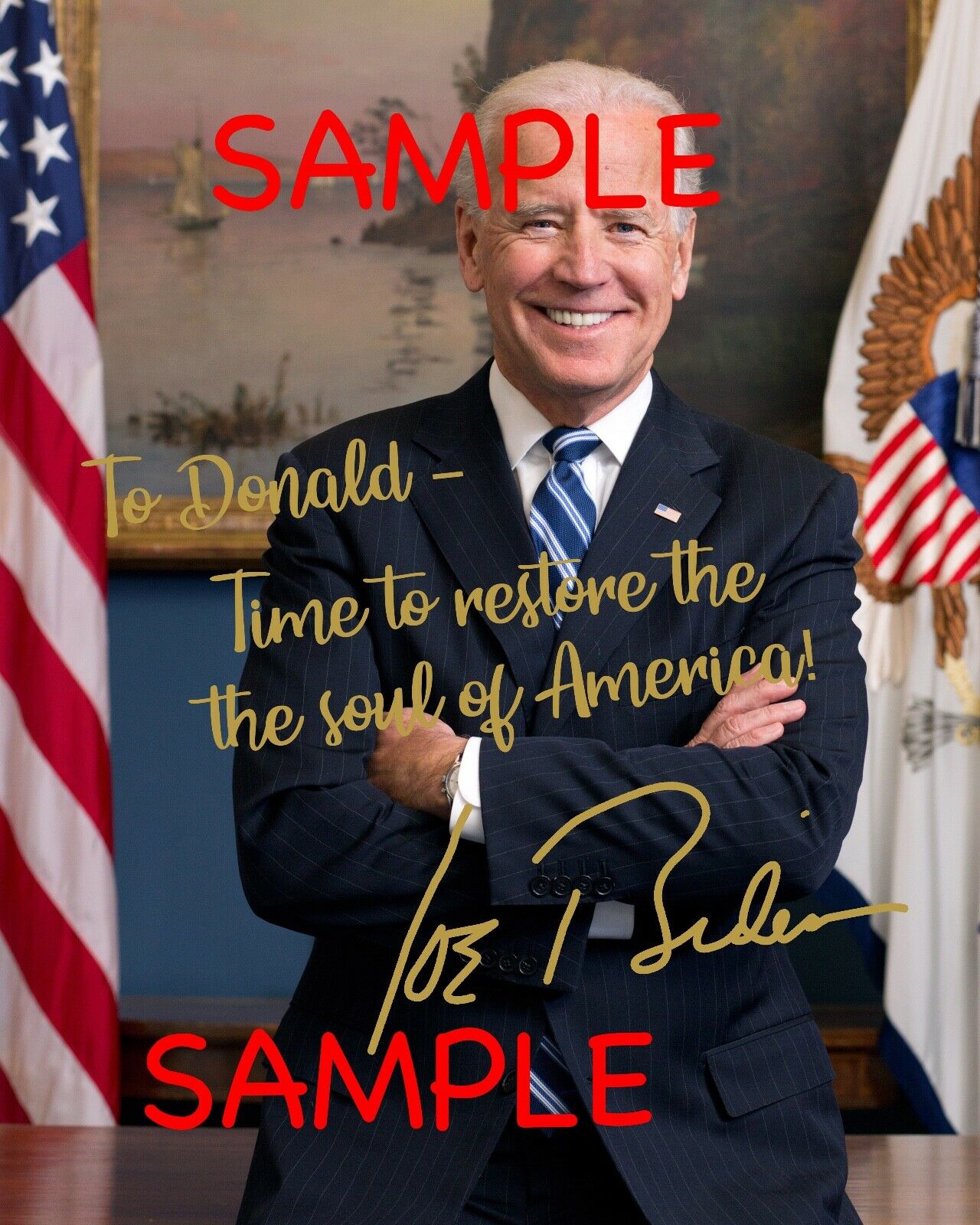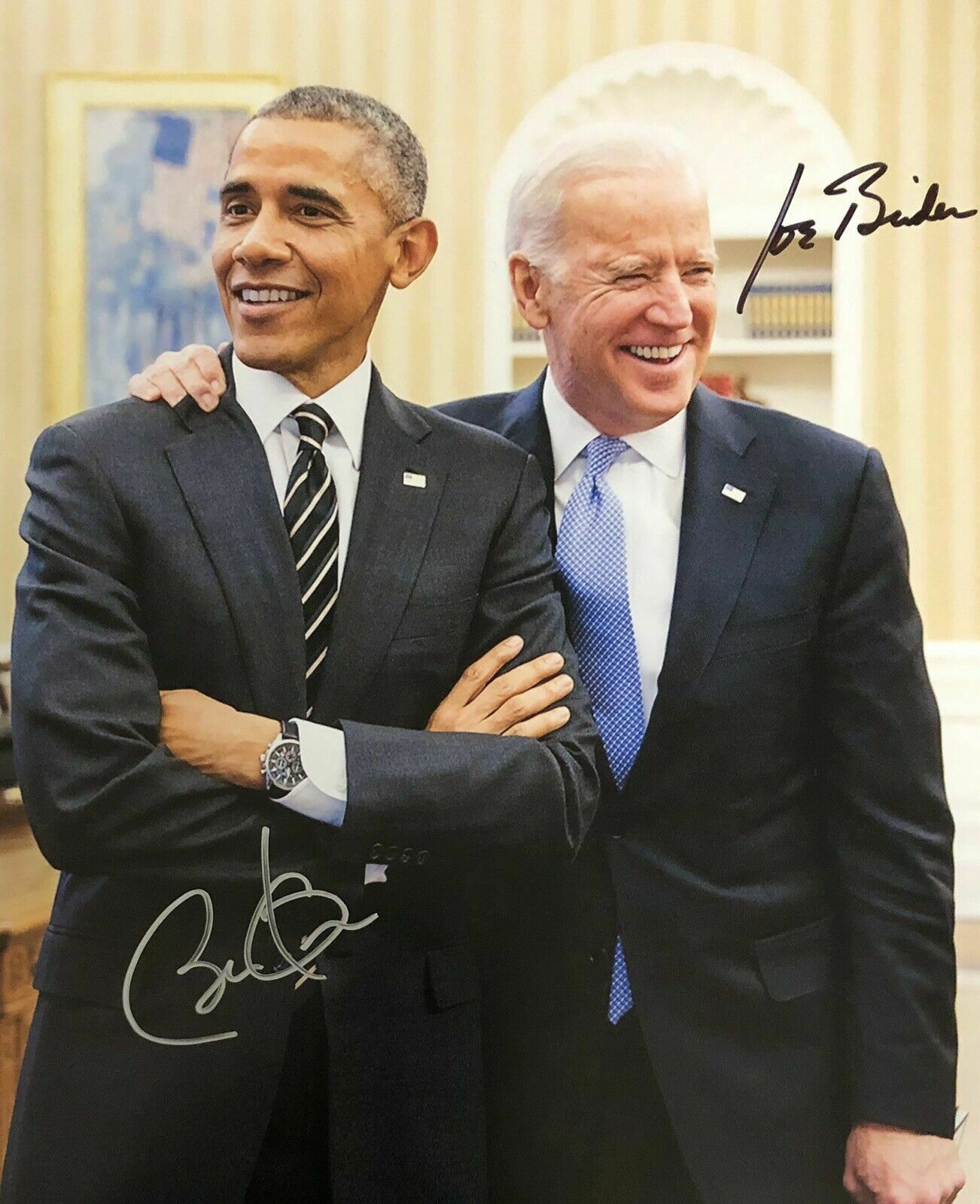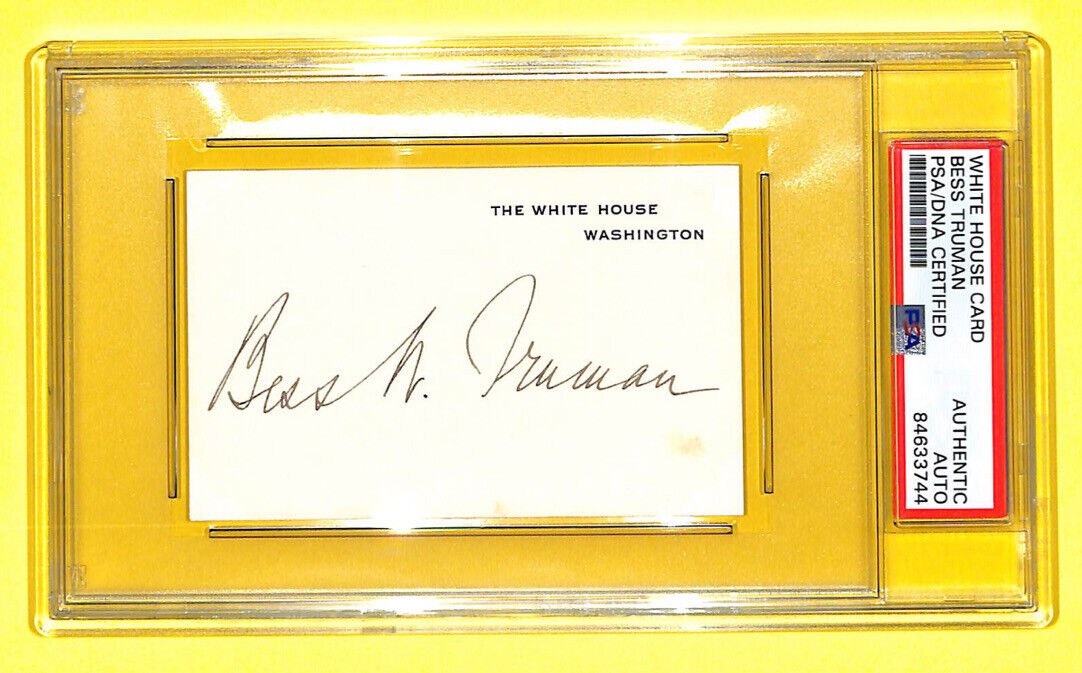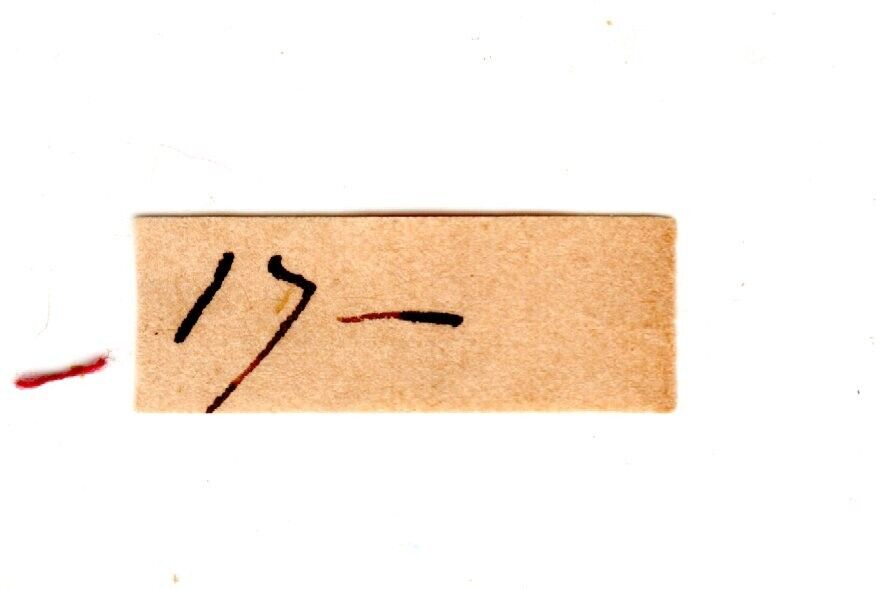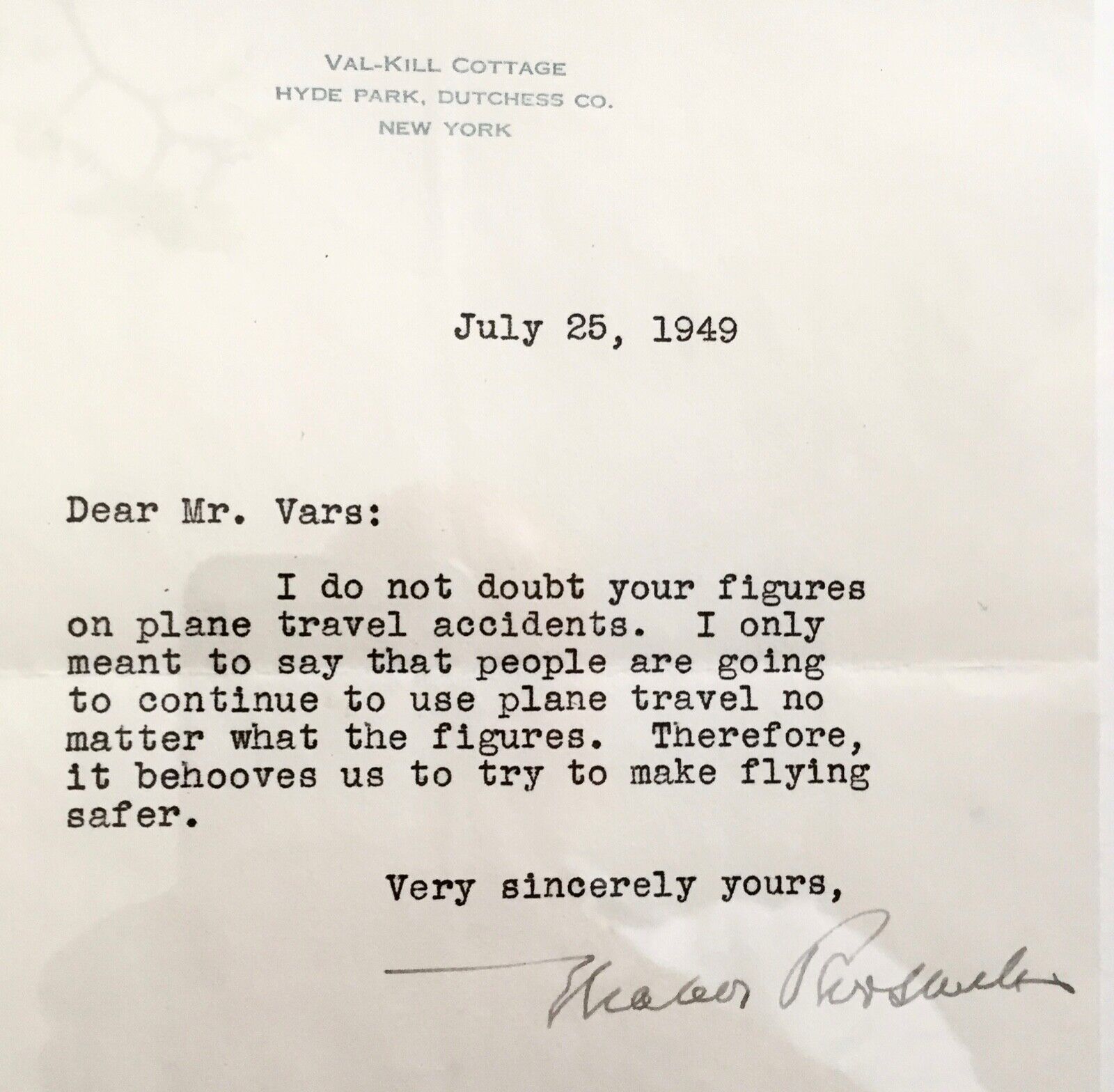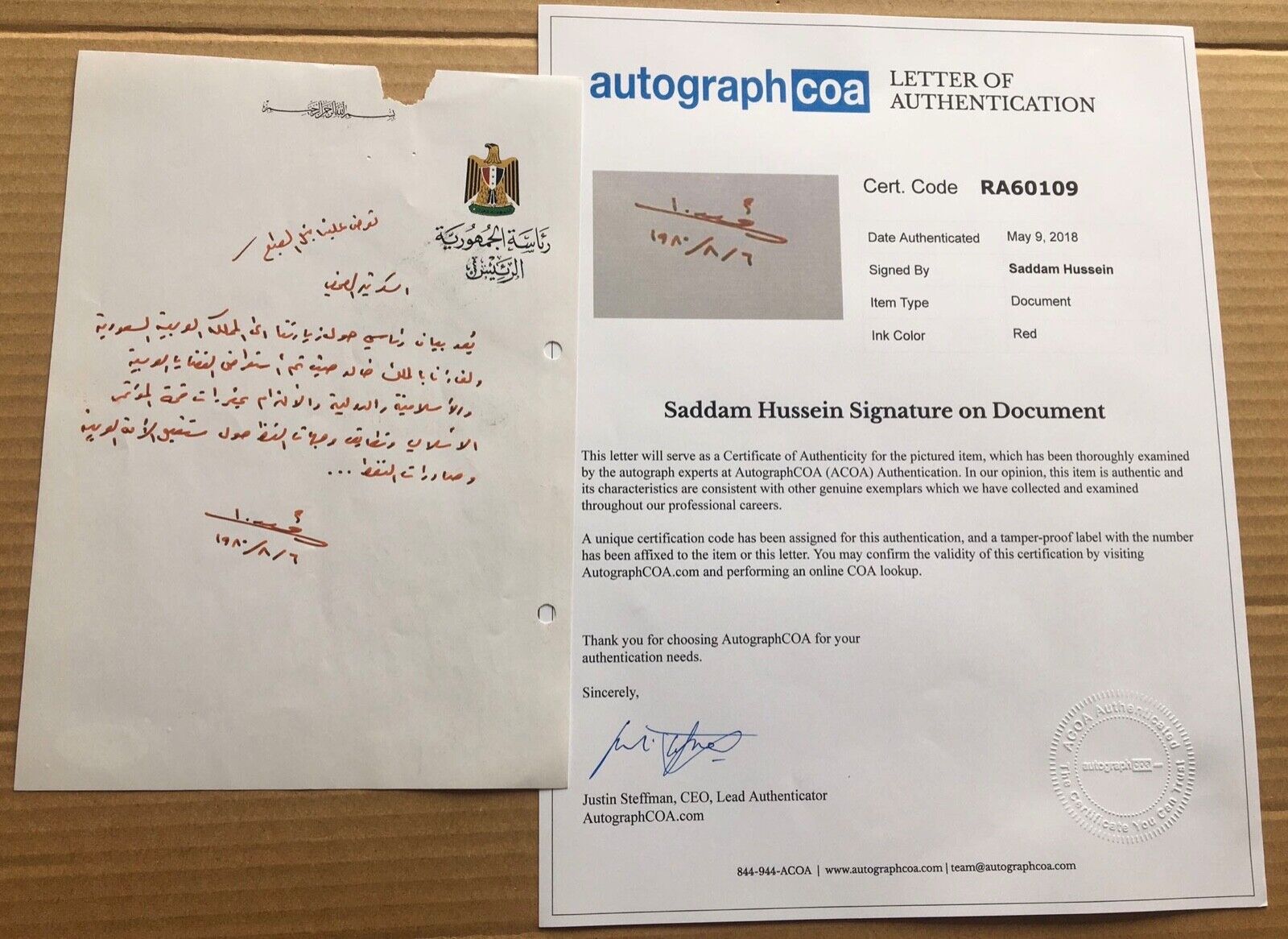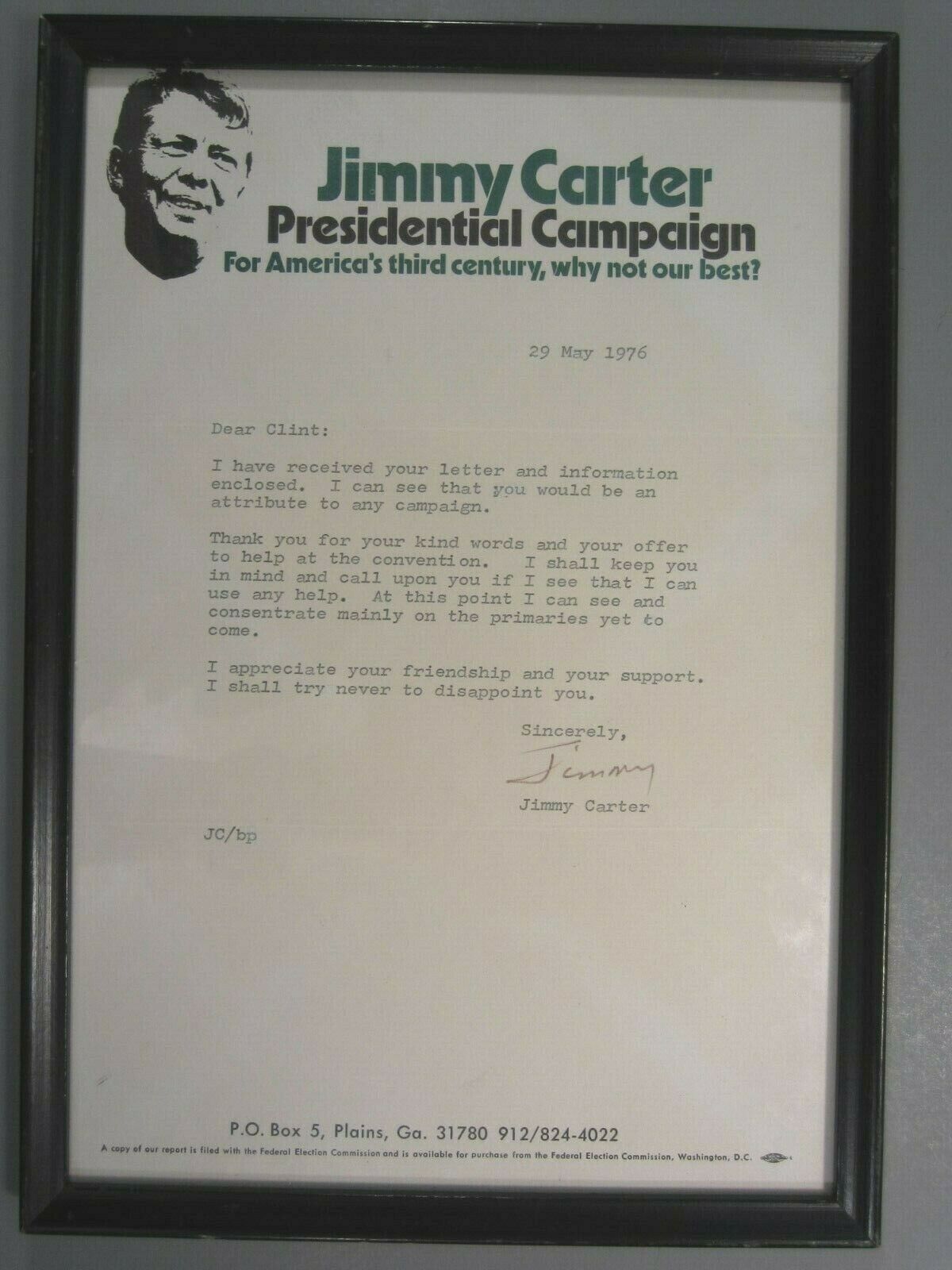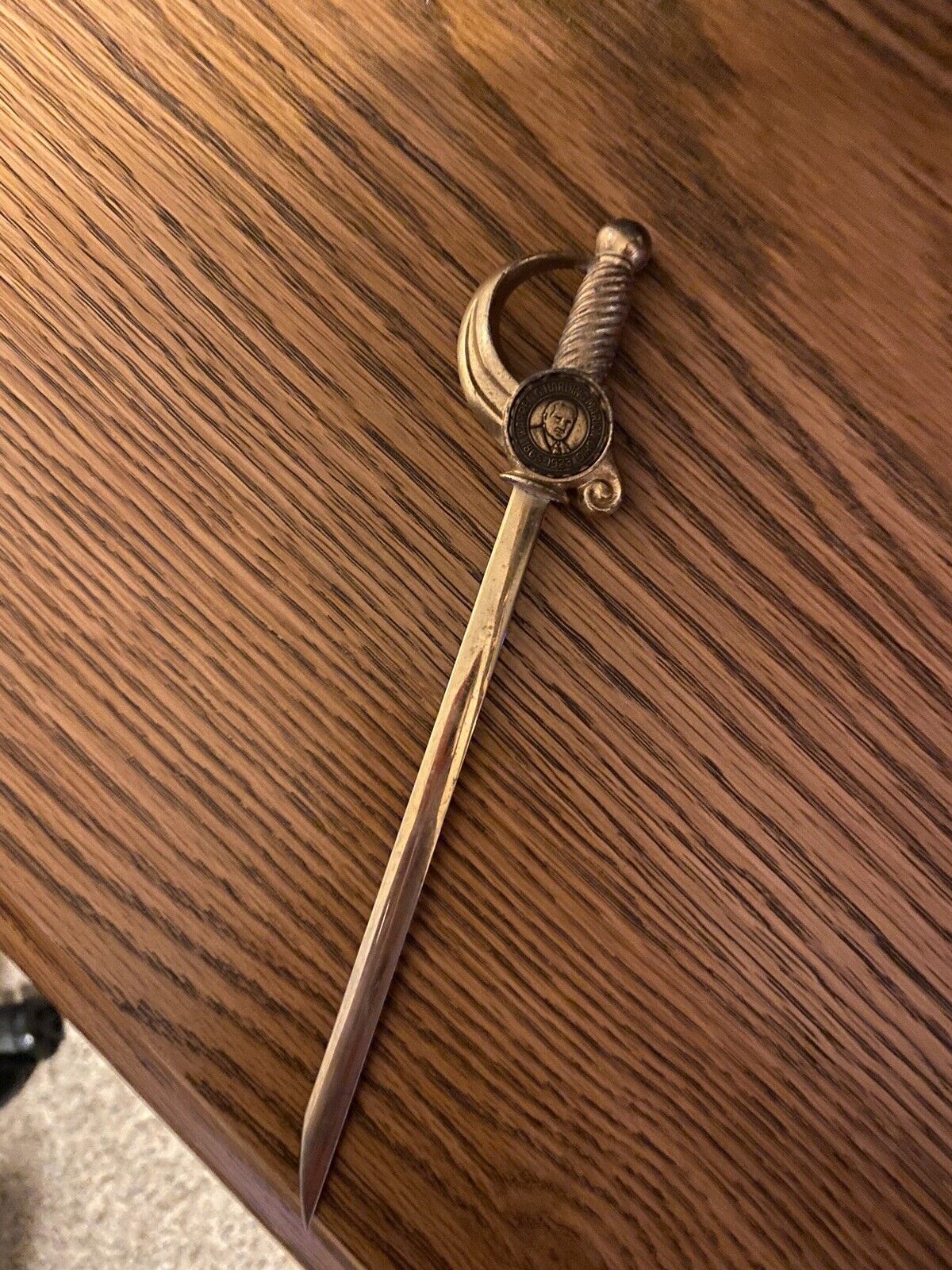-40%
PSA/DNA Certified 13th US President Millard Fillmore Cut Signature Autograph
$ 369.07
- Description
- Size Guide
Description
PSA/DNA Certified 13th US President Millard Fillmore Cut Signature AutographDescription
PSA/DNA Certified 13th US President Millard Fillmore Cut Signature Autograph 3x5 album page, PSA/DNA Mint 9.
Millard Fillmore (January 7, 1800 – March 8, 1874) was the 13th president of the United States, serving from 1850 to 1853, the last to be a member of the Whig Party while in the White House. A former member of the U.S. House of Representatives from Upstate New York, Fillmore was elected as the 12th vice president in 1848, and succeeded to the presidency in July 1850 upon the death of U.S. President Zachary Taylor. Fillmore was instrumental in the passing of the Compromise of 1850, a bargain that led to a brief truce in the battle over the expansion of slavery. He failed to win the Whig nomination for president in 1852 but gained the endorsement of the nativist Know Nothing Party four years later and finished third in the 1856 presidential election.
Fillmore was born into poverty in the Finger Lakes area of New York State, and his parents were tenant farmers during his formative years. Though he had little formal schooling, he rose from poverty by diligent study to become a successful attorney. He became prominent in the Buffalo area as an attorney and politician, and he was elected to the New York Assembly in 1828 and to the House of Representatives in 1832. Initially, he belonged to the Anti-Masonic Party, but he became a member of the Whig Party as formed in the mid-1830s. He was a rival for the state party leadership with the editor Thurlow Weed and Weed's protégé, William H. Seward. Throughout his career, Fillmore declared slavery an evil but that it was beyond the powers of the federal government. Seward was openly hostile to slavery and argued that the federal government had a role to play in ending it. Fillmore was an unsuccessful candidate for Speaker of the U.S. House of Representatives when the Whigs took control of the chamber in 1841, but he was made the chairman of the Ways and Means Committee. Defeated in bids for the Whig nomination for vice president in 1844 and for New York governor the same year, Fillmore was elected Comptroller of New York in 1847, the first to hold that post by direct election.
As vice president, Fillmore was largely ignored by Taylor, and even in the dispensing of patronage in New York, Taylor consulted Weed and Seward. In his capacity as president of the Senate, however, Fillmore presided over the Senate's angry debates, as the 31st Congress decided whether to allow slavery in the Mexican Cession. Fillmore, unlike Taylor, supported Henry Clay's Omnibus Bill, which was the basis of the 1850 Compromise. Upon becoming president in July 1850, Fillmore dismissed Taylor's cabinet and pushed Congress to pass the compromise. The Fugitive Slave Act, expediting the return of escaped slaves to those who claimed ownership, was a controversial part of the compromise. Fillmore felt duty-bound to enforce it despite its damage to the popularity of both him and the Whig Party, which was torn between its Northern and Southern factions. In foreign policy, Fillmore supported U.S. Navy expeditions to open trade in Japan, opposed French designs on Hawaii, and was embarrassed by Narciso López's filibuster expeditions to Cuba. Fillmore sought the Whig nomination to a full term in 1852 but was passed over by the Whigs in favor of Winfield Scott.
As the Whig Party broke up after Fillmore's presidency, many in his conservative wing joined the Know Nothings and formed the American Party. In his 1856 candidacy as the party's nominee, Fillmore had little to say about immigration, focused instead on the preservation of the Union, and won only Maryland. During the American Civil War, Fillmore denounced secession and agreed that the Union must be maintained by force if necessary, but he was critical of Abraham Lincoln's war policies. After peace was restored, he supported the Reconstruction policies of U.S. President Andrew Johnson. Fillmore remained involved in civic interests in retirement, including as chancellor of the University of Buffalo, which he had helped found in 1846.
please look at the item and judge the condition for yourself.,
Certified by PSA/DNA, I can combined shipping, please wait for my invoice. Shipping in the US is .50 by priority mail. Outside the US send by Registered mail for .95. Any question please asks before bidding, I am an authorized PCGS dealer. So bid with confidence. No reserve. 14 Days return if unsatisfied for any reason.
Track Page Views With
Auctiva's FREE Counter
Payment
Shipping
Returns
PayPal is the preferred payment method. eBay also allow credit card and ebay credit to process your order.
We ship every day Monday - Saturday.
.00 USPS First Class shipping within the United States, unless otherwise noted in listing.
Shipping and Handling:
Domestic Shipments -
Easterncoin Numismatic Inc. offers .00 United State Postal Service
(USPS)
First Class shipping with tracking for all shipments with in the United States, unless otherwise noted. Combined shipping may incur an additional fee.
International Shipments
- All International orders are shipped via USPS (United States Postal Service) International Mail or eBay's global shipping program. International Shipping and handling fees will be determined at check out. Please contacts us for shipment fee estimates.
Easterncoin Numismatic Inc. has a 30 calendar day return policy. All returns must be shipped within 30 calendar days of receiving the product.
All returned items must be in their original packaging.
All return requests must be made within 30 calendar days of customer receiving the merchandise.
When returning merchandise, please include the item number, as this will expedite the refund process.
Bullion Returns:
Customer may (at Easterncoin Numismatic Inc.' discretion) be required to pay for any market loss on their returns. Any market gain on refunds shall remain the property of Easterncoin Numismatic Inc.



